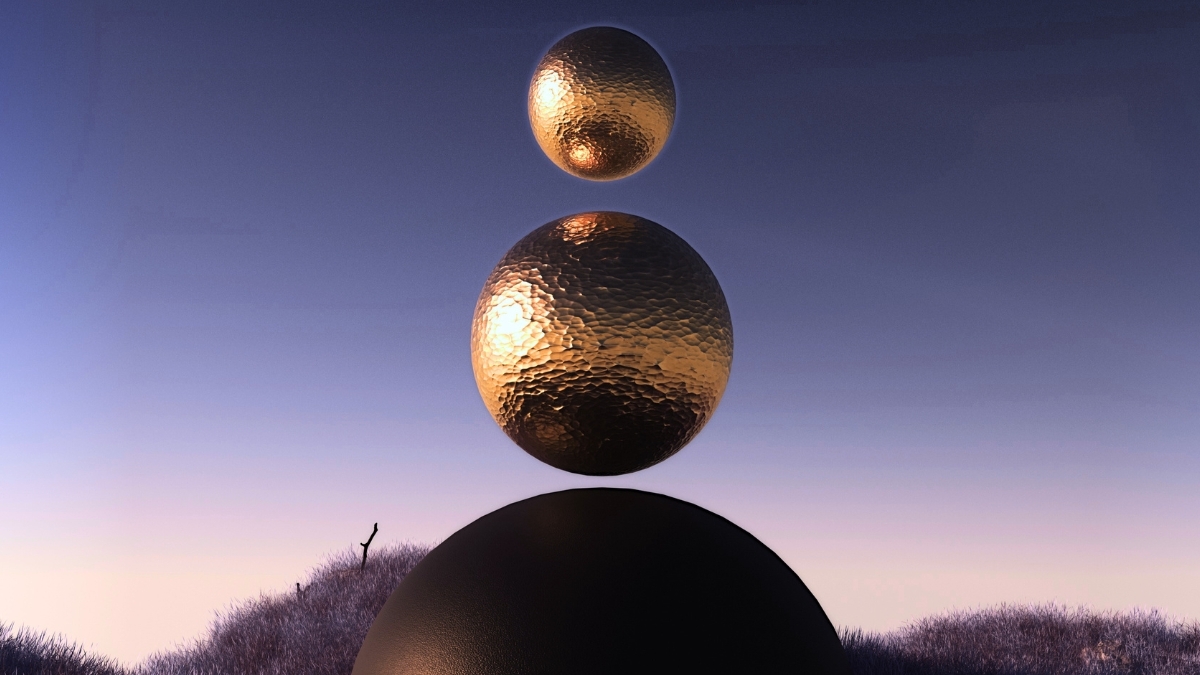A team of physicists led by Mir Faizal at the University of British Columbia has demonstrated that the universe cannot be a computer simulation, according to research published in October 2025[1].
The key findings show that reality requires non-algorithmic understanding that cannot be simulated computationally. The researchers used mathematical theorems from Gödel, Tarski, and Chaitin to prove that a complete description of reality cannot be achieved through computation alone[1:1].
The team proposes that physics needs a “Meta Theory of Everything” (MToE) - a non-algorithmic layer above the algorithmic one to determine truth from outside the mathematical system[1:2]. This would help investigate phenomena like the black hole information paradox without violating mathematical rules.
“Any simulation is inherently algorithmic – it must follow programmed rules,” said Faizal. “But since the fundamental level of reality is based on non-algorithmic understanding, the universe cannot be, and could never be, a simulation”[1:3].
Lawrence Krauss, a co-author of the study, explained: “The fundamental laws of physics cannot exist inside space and time; they create it. This signifies that any simulation, which must be utilized within a computational framework, would never fully express the true universe”[2].
The research was published in the Journal of Holography Applications in Physics[1:4].



This assumes a very narrow definition of “simulation” based on our current computational theories and technology. Nothing about the simulated universe theory says the thing being used to simulate us has to be anything resembling a game engine or virtual machine like we have today, or even something that runs on anything we would recognize as a computer. In the same way a peasant from the middle ages would not even be able to fathom a virtual machine from today due to missing entire categories of context and background knowledge, us thinking we can extrapolate our technology and simulation techniques to beings that would be literal gods to us and their technology is extremely presumptuous and vastly overestimates what we know.
How is it in any way narrow? The three theorems they use (Goedel, Tarski, Chaitin) are actually incredibly broad. They absolutely include things we can not even imagine.
I can’t speak to tarski or chaitlin, but Goedel’s incompleteness theorem has only a narrow application context and is highly debatable outside that context (i.e., the real world)
I did some light reading about the Goedel theorems.
The First Incompleteness Theorem
Second Incompleteness Theorem
Therefore, wouldn’t it be strange to rule out something using our current math/physics systems? Blackholes, neutron stars, quasars and other funny things that can’t be explained exactly DO exist after all
Wouldn’t be strange that an hyper advanced civilization could simulate us with tech, energies or even nature laws beyond our comprehension
^(edit: typo)
I get the thought, but math and physics are not the same. Math includes logic. When the authors of that paper make that argument, they don’t rely on our current understanding of physics. The theorems they use rely only logic. They are true independent of how the physics and the computation works.
Yes, black holes inspired the paper. They do make the assumption, that a theory of quantum gravity would explain them. That’s what most people want out of such a theory.